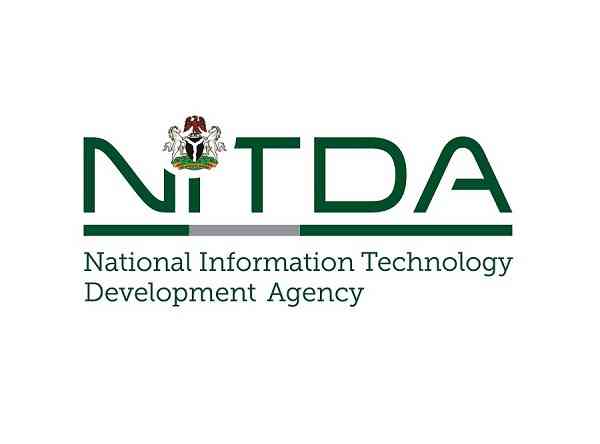
The National Information Technology Development Agency (NITDA) says it is committed to ensuring that Nigeria benefits maximally from the global digital economy as it commences the process of repealing and re-enacting the NITDA Act, 2007.
The agency pointed out that the need to repeal the existing Act became necessary with the launch of the National Digital Economy Policy and Strategy (NDEPS), which effectively replaced the Nigerian National IT Policy, 2000.
A statement by the agency’s head, corporate affairs and external relations, Mrs Hadiza Umar, recalled that the vision of the National IT Policy was to make Nigeria an IT capable country by 2005, saying “we can all attest that Nigeria has gone beyond the vision of using IT but aiming to become the digital economy capital of Africa.”
It added since the enactment of the NITDA Act 2007, NITDA had operated as the catalytic government agency for developing and regulating the Information Technology sector.
“However, in light of recent advancements in Information Technology and the shift in the global economy paradigm, the NDEPS was envisioned to ‘transform Nigeria into a leading digital economy, providing quality life and digital economies for all’.
“This current reality has necessitated the reimagination for the establishment of NITDA. It is a known fact that digital technologies have created new forms of economic activities that have been beneficial to the global economy.
“However, these digital technologies come with their promises and perils such as cybercrimes, privacy invasion and other social problems. This necessitates the need to proactively manage their adoption through the development of a stakeholder-led robust regulatory architecture to enable Nigeria to maximise the benefits of such technologies and mitigate the negative consequences.
“Therefore, the need for a more agile and practical approach to regulations, standards-setting, and guidelines development for the country, with a focus on digital and emerging technologies, cannot be overemphasised,” it said.
Based on the foregoing, the statement said the agency had identified the need to update NITDA’s legal framework for regulating and developing a digital economy for Nigeria, adding the agency’s current establishment law was outdated and could not meet the needs and requirements for supporting a digital economy as well as effectively protect the rights and interests of stakeholders in the digital world.
It stated that the review of the NITDA Act 2007 aimed to address contemporary digital issues, revamp the country’s economy, build trust and protect the rights and interests of players in the ecosystem.
It added the review of the NITDA Act 2007 would serve as an enabler for the growth and development of Nigeria’s digital economy.
Some of the highlights of the repeal, according to the statement, are creating a framework for promoting the startup ecosystem; promoting indigenous products and services through standardisation; collaborating with the requisite public and private sector partners to carry out activities that will assist in electronic waste disposal and fostering collaboration to facilitate the implementation of robust cybersecurity measures aimed at building trust in Nigeria’s digital economy.
Others include facilitating capacity building through the digital literacy and skills initiative; entrenching stakeholder participation in developing regulations through the rule-making process; and promoting the safe use of digital technologies, including social media, for the attainment of national objectives.
The statement maintained that the IT sector and general public would attest to the fact that NITDA had recorded unprecedented achievements in the past few years despite the limitations of the current establishment law.
Some of these include facilitating the substantial contribution of the ICT sector to the country’s Gross Domestic Product (GDP), catalysing job creation and igniting innovative activities in the tech ecosystem among others.
“The proposed NITDA Bill aims to create a regulatory framework to accelerate Nigeria into the digital economy and substantially catalyse prosperity. This will include promoting and implementing policies that support indigenous content, access to digital services, investments in the sector, adoption of emerging technologies, innovation, research and development, with a particular focus on the rights of citizens and national interest.
“NITDA, as the apex regulator of the IT sector, will leverage the proposed NITDA Bill to extensively engage with crucial IT stakeholders and protect its stakeholders’ interests in the best possible way. However, this can only be achieved through more excellent connectivity and collaboration by registration and licensing processes,” it said.
Considering the importance of the NITDA proposed bill, it said it would be presented to the National Assembly as an executive bill.


